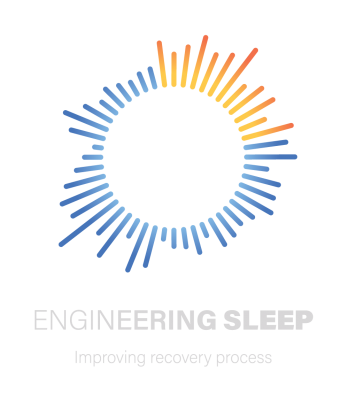How can you structure your day according to your chronotype to improve your performance?
The first step is to make sure you know which type you are. Then, as you start noticing which hours you’re at your prime, adjust your most important tasks and decisions to these hours.
Check our last post about chronotype here
If you’re an Evening Person, try to schedule your big meetings until after noon. Keep your workouts and big decision making to the evening. Set an alarm to around ten or eleven PM to remind yourself to turn off your devices and start getting ready for bed – it’s easy for you to stay up late otherwise. If possible, choose a job that has flexible working hours or night shifts.
Morning People should do their most important work not long after they wake up. Opening shifts are ideal for morning people. Make sure not to schedule important meetings in the evening. If possible, try to have a first date on a morning or afternoon during the weekend, rather than at night. Try to go to unwind and go to bed by ten, so you can wake up early.
It’s good for moderate morning people to start their day with some exercise. Major tasks and decision making should be around the peak of 10 AM. For moderate evening people delay those major decisions by several hours.
Try to coordinate your exercise with the peak of your body’s core body temperature, as that is when you will have your peak performance. For most people, that is in the late afternoon to early evening. Late chronotypes will be especially impaired in cognitive and physical performance in the early morning. Coaches and managers will do well to find out the chronotype of those they manage in order to be able to get their best performance.
As you start working with your body, you will find that you have more energy. Try to be consistent and go to bed and wake up at the same time every day, even on weekends. This way, your body will adjust, and you might find you don’t even need an alarm clock anymore. This is known as “sleep timing”. Your body becomes programmed to get the same amount of sleep every day. If you go sleep at the same time, your body will know to wake at the same time. Of course, this only works as long as you’re getting enough hours of quality sleep and are not working in opposition to your chronotype.
If you are an evening person or night owl you that struggles to fall asleep at night and wake up in the morning and find that it causes disruption to your life, you might be diagnosed with Delayed Sleep Phase Disorder. DSPD has a high comorbidity rate with depression, Attention Deficit/Hyperactivity Disorder, and Obsessive Compulsive Disorder. Getting a diagnosis might help you structure your life in a way that supports your ideal sleeping patterns and promote a healthier way of living.
More Posts

Welcome to Engineering Sleep blog.
Hello and welcome. I wanted to start the story of this blog with a personal one. When I was 18 years old, living in France,

About Chronotypes
While it’s not news to the scientific community that many animals – including human beings – have an internal, genetic circadian rhythm, mainstream society has

Performance and chronotype
How can you structure your day according to your chronotype to improve your performance? The first step is to make sure you know which

1 billion people are suffering from the most dangerous sleep disorder: Sleep Apnea.
What is Sleep Apnea? Sleep Apnea is when you stop breathing during sleep and your brain wakes you up to protect yourself. Sometimes, these temporary




